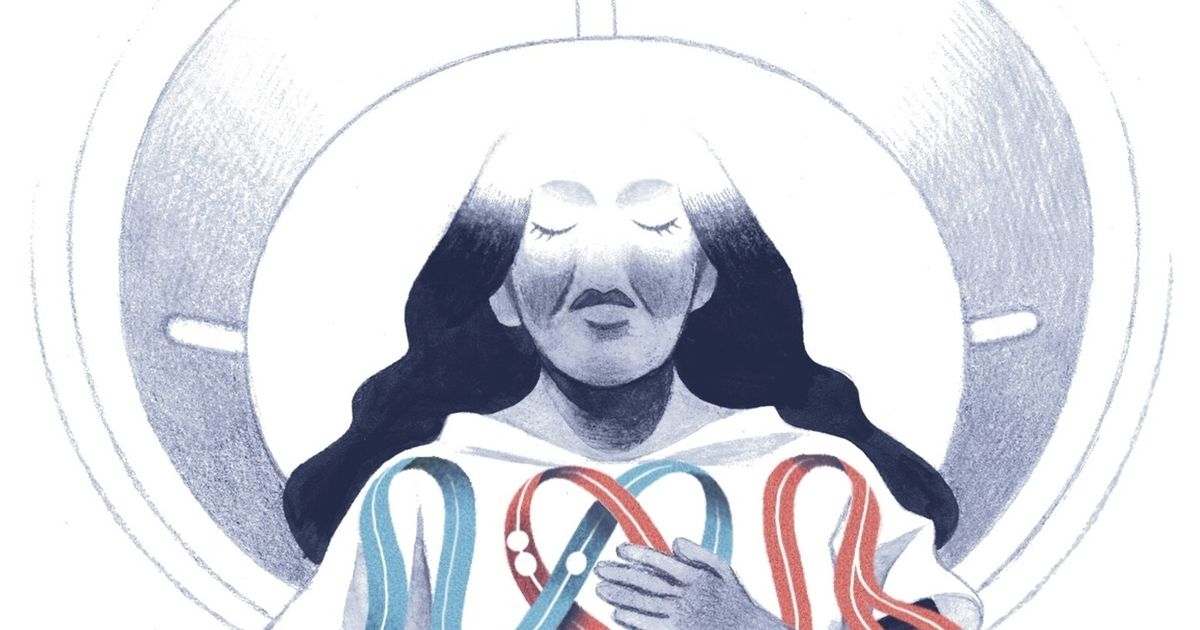T4K3.news
New heart age calculator reveals hidden risks for Americans
A study shows many Americans' hearts are older than their actual age.

A new study finds that many Americans have hearts older than their actual age.
Heart age calculator reveals most Americans face hidden cardiac risks
A recent study highlights the biological aging of Americans' hearts, indicating that many people have hearts significantly older than their chronological age. This finding emerges from a heart age calculator introduced in a JAMA Cardiology research letter. This tool considers standard health metrics such as blood pressure and cholesterol, aiming to provide a clearer understanding of cardiovascular health. Researchers revealed that more than half of adults aged 30 to 79 have a heart age greater than their real age. Notably, disparities exist, with factors such as education and race influencing these age gaps. For instance, women average a heart age of 55.4 while men average 56.7, both exceeding their actual ages. The study suggests that such insights could motivate healthier lifestyle choices, though there's a caution that this information might overwhelm some individuals, particularly those facing other life challenges.
Key Takeaways
"We hope this allows a different way to communicate that resonates."
Sadiya Khan discusses the potential of the heart age calculator to motivate healthy changes.
"Knowledge could cut two ways concerning heart age."
Physicians warn against the potential negative feelings associated with heart age information.
"Risk age should be framed not as a verdict, but as an opportunity for change."
Experts emphasize the importance of positive messaging around heart age.
"More research is needed on optimal strategies for risk communication."
Sadiya Khan calls for further study on how to best communicate health risks.
This heart age calculator opens an intriguing door to understanding cardiovascular health. It offers insight that could motivate individuals to adopt healthier lifestyles. However, the potential emotional impact varies. For some, learning about an older heart age may inspire change. For others, it could feel disheartening, particularly among those with limited resources or support. This duality highlights the need for careful communication from health professionals, ensuring that such information serves as a catalyst for positive change rather than a burden. Emphasizing support and accessible interventions can turn awareness into action, making a meaningful difference in public health outcomes.
Highlights
- Understanding heart health might motivate lifestyle changes.
- Higher heart age could inspire healthier behaviors for some.
- Heart age insights may not resonate well with everyone.
- Caution is needed when communicating heart age to patients.
Concerns regarding emotional impact of heart age disclosure
While a higher biological age may motivate some to pursue healthier lifestyles, it could overwhelm others, especially those facing resource constraints.
Future research will be crucial to refine methods for conveying risk information effectively.
Enjoyed this? Let your friends know!
Related News

New heart age calculator launched to improve cardiovascular health awareness

New study shows hearts age faster than bodies
New heart age calculator launched by Northwestern University

Louisiana has the highest STD rate in the U.S.

Calcium scan helps identify heart disease risk

New MRI test predicts biological aging and health risks

New study links sleep quality to heart disease in women

Coronary artery calcium scan predicts heart attack risk
